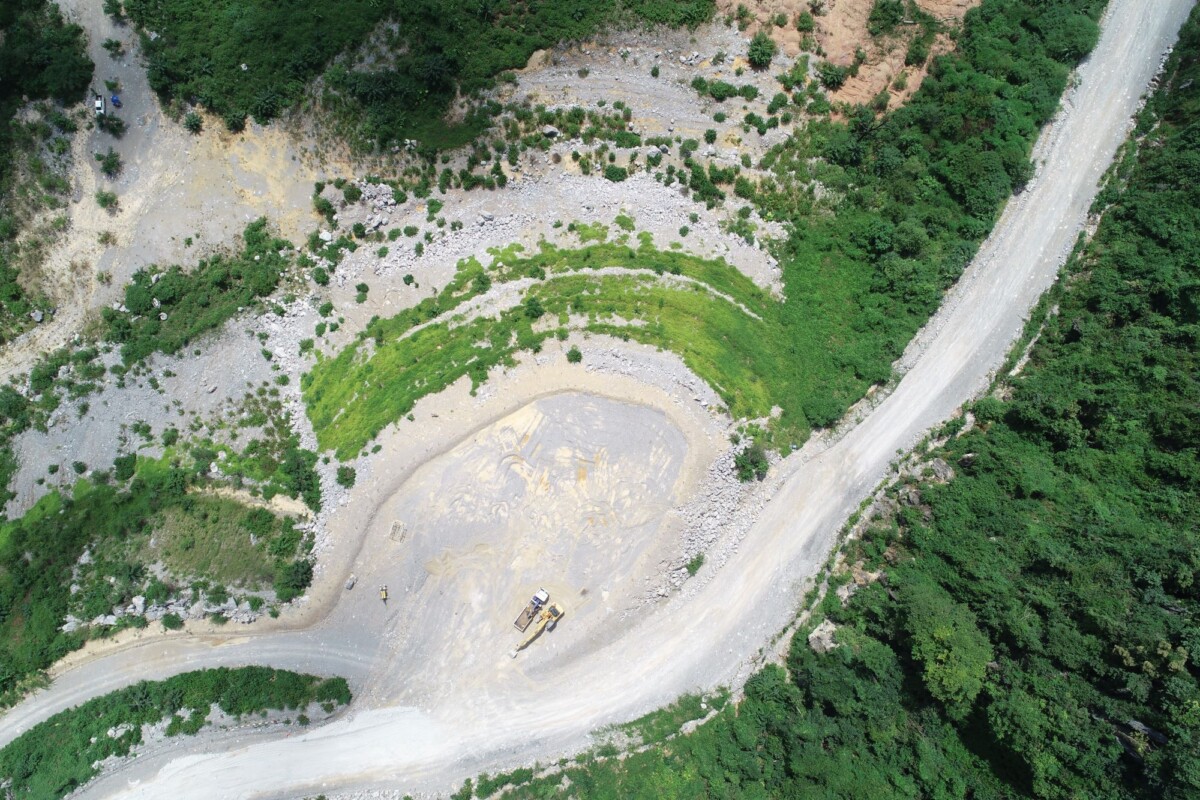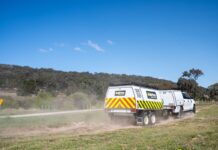Scholarships for Queensland coal mine rehabilitation research

The Coal Minesite Rehabilitation Trust is offering more than $200,000 in post-graduate scholarships to students at any Queensland university.
Two scholarships are up for grabs and offer $40,000 a year over three years to students doing their post-graduate studies in world-leading environmental management.
The Trust was established in 2007 by the Queensland Resources Council (QRC), Queensland Government and industry representatives.
QRC chief executive Janette Hewson says the scholarships are a practical way to continue Queensland’s leading expertise in mined land rehabilitation.
“Queensland has an international reputation as a leader in mined land rehabilitation and innovative environmental practices across all of stages of mine development from design to closure,” she said.
“These scholarships will build on the progress already made by industry by contributing to research that will lead to better environmental and community outcomes.”
“The industry is continually evolving when it comes to environmental management and rehabilitation methods that will ensure mining is compatible with current and future land uses.
“Each year new students bring innovative research ideas that provide confidence in the industry’s ability to find new ways for reducing its impact.”

Ms Hewson says the scholarship program benefits the whole resources sector and the broader community making a significant contribution to understanding and implementing sustainable rehabilitation outcomes.
“We are now seeing current and former coal mines transforming to a range of productive post-mining land uses including agriculture, renewable energy infrastructure, native ecosystems and community development,” she said.
QRC policy director of environment Dr Leigh Stitz was a Coal Minesite Rehabilitation Scholarship recipient in 2014.
“The scholarship changed my life by allowing me to undertake study in this important field and at the same time be a mother to my children,” she said.
“I used the scholarship to research macro invertebrates, or water bugs, in ephemeral streams in Tropical Queensland which are good indicators of waterway health.
“This helped provide a better understanding of the cumulative impacts of mining on waterways to improve rehabilitation practices.”
Applications for the 2024 Coal Minesite Rehabilitation Scholarships are assessed against key priorities that include sustainable post-mining land uses and addressing long-term water management.






















